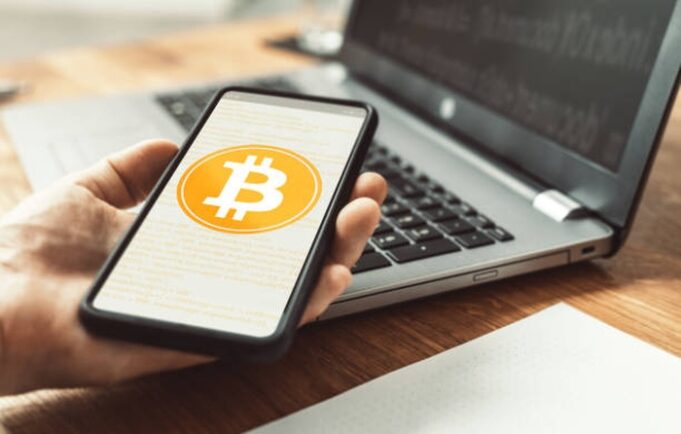More than a third of people consider cryptocurrencies to be a good long-term financial investment, according to an interactive poll for eToro. Thus, cryptocurrencies are attracting more and more investors, despite their high level of risk. Is it a bubble that will burst or an interesting financial investment?
This is actually hard to predict. And the market is not very readable: there are currently more than 2000 cryptocurrencies. But, if you want to get started, find out how to invest in cryptocurrencies and which currencies are the most promising.
Do you want to invest in bitcoin? Investment at very high risk! There are many scams on this subject, so it is advisable not to buy bitcoins from the first website that comes along, but to opt for purchases on regulated platforms. Before going further you might need to read more.
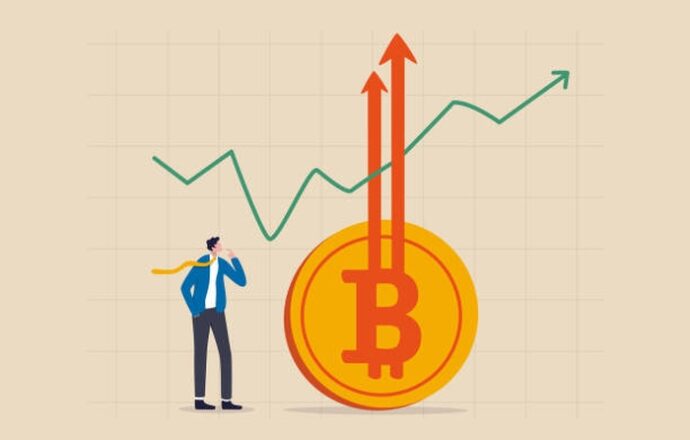
Buy bitcoins?
You know it. Bitcoin is a cryptocurrency, the price of which in dollars can vary greatly. This volatility is extreme and amplified by strong speculative movements. No one can determine the intrinsic value of a bitcoin. Its equivalent in dollars is therefore completely subject to speculative currents. No one can say that its dollar price can be $100,000 or just $100 in 10 years.
No determination of the intrinsic value of bitcoin can exist. In addition, bitcoin does not produce any return, unlike other investments, such as stocks for example. This is why some venture to compare bitcoin to an asset like gold, which also serves no return. But this comparison is more than fanciful.
Gold is a tangible asset, usable in industry, jewelry, etc., and essential in certain uses. Bitcoin can be replaced by another cryptocurrency, also based on a blockchain. Comparing bitcoin to gold, to stock markets, makes no sense.
Hungry for quick wins? Mistrust !
Bitcoin is making a lot of headlines. The polls follow one another and the people are attracted by quick wins. 14% of people want to buy bitcoins, and 4% of them have already bought some. Many speculators have already bet on bitcoin, via derivatives (Options, CFDs or other).
In the latter case, investing in a bitcoin CFD is absolutely not the same as buying bitcoin. It is a derivative product, in this case you are not buying bitcoin, but a financial product whose underlying is based on the exchange rate of bitcoin in dollars, which has nothing to do .
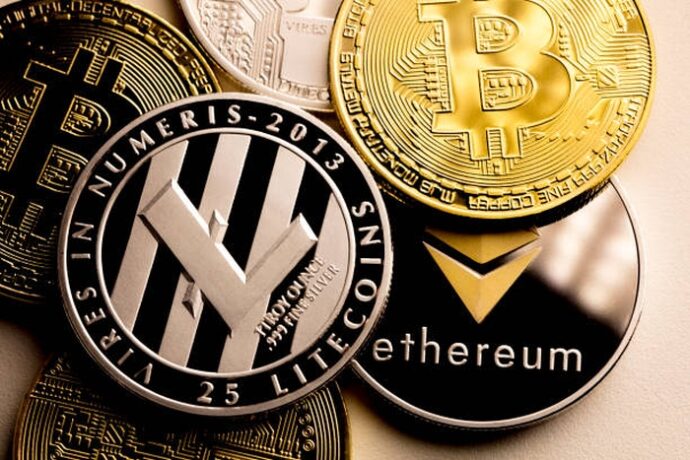
ETFs and CFDs on bitcoin?
Please note that ETFs are funds and CFDs are derivatives. Similarly, neobanks offering to invest in “bitcoins” do not allow you to hold bitcoins, but a financial product (ETF) replicating the price of bitcoin. You are therefore speculating in this case on the price of bitcoin but do not hold any.
In all these cases, you are therefore not actually buying bitcoins, but you are investing in financial products whose price is indexed to the price of bitcoin in dollars. It is therefore not at all the same as buying bitcoins. The only advantage of these financial products is that you can take a sell position on these products, to play on the fall in the price of bitcoin.
Where to actually buy Bitcoins?
As this world of bitcoin is quite sulphurous, it is therefore preferable to go through regulated platforms to carry out its transactions. Thus, for the market, any platform aimed at savers must be duly authorized.
Risks of unregistered platforms
What are the risks of keeping your cryptocurrencies on a platform not registered? An unregistered platform, which does not comply with the rules established, is now carrying out an illegal activity in oir country entailing a criminal risk for its managers.
Your bank may at any time decide to block fund transfers from and to a platform that does not comply with the legislation. You therefore take the risk of never being able to recover your capital gains.
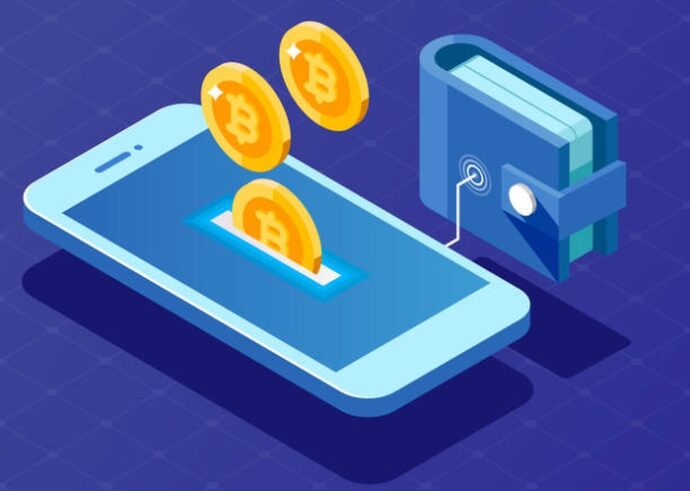
Buy bitcoin at what price?
You know the course of bitcoin is highly volatile. It’s up to you to choose the right time for you. But rest assured, you are not going to buy 1 bitcoin at the current price, but a decimal part of bitcoin. Like cents for the dolar, you will be able to acquire satoshis. 1 bitcoin = 100 million satoshis.
You must also integrate the fact that by buying bitcoin, you are indirectly taking on an exchange risk, if you ever want to get out of the bitcoin loop. Logically this should not be the case, but if you want to resell your bitcoins, you also take a currency risk. As bitcoin is quoted in dollars, when making final transactions, an additional dollar exchange rate applies.
It is advisable to invest in bitcoin only a very small part of your capital (less than 0.5%!). Never average your bitcoin purchases. Regularly buying bitcoins is not recommended. This strategy, widely practiced on equity indices (ETF), is only profitable on assets whose probability of increase is strong in the long term. With bitcoin, no one can predict its longevity. Averaging your purchases on bearish prices could simply lead you to lose everything.
Tax return
Any holding of digital assets must be declared during the annual tax return. A specific form is provided by the tax authorities. Capital gains realized on cryptoassets are taxable. The financial losses observed on the cryptoassets are not compensable.
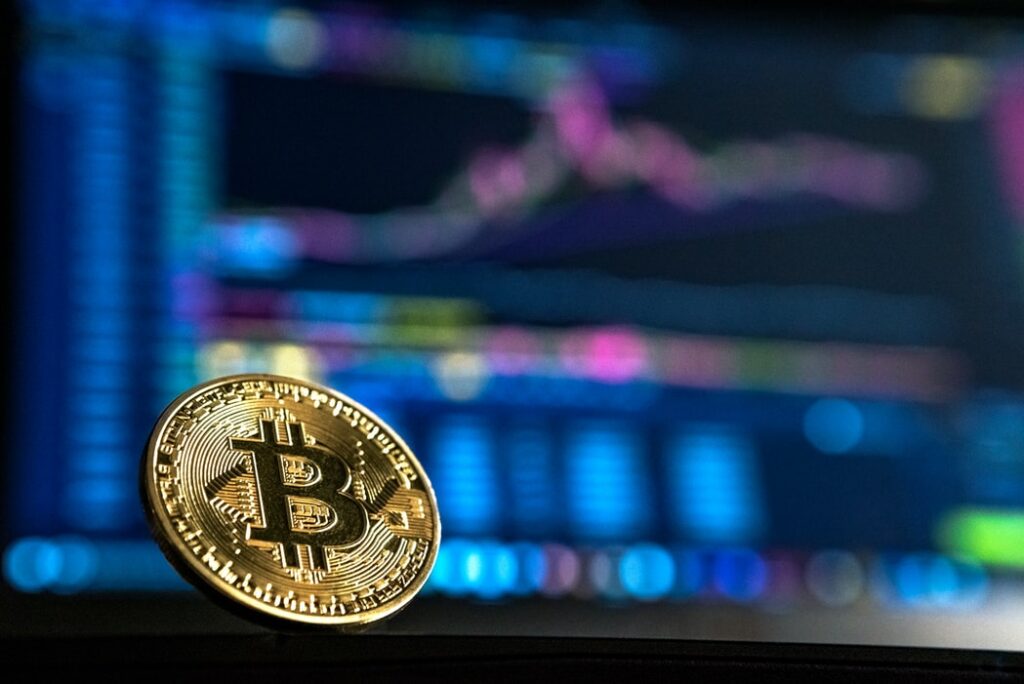
Taxation of capital gains
Capital gains made on crypto-assets, including bitcoin, are taxable on income, from the first dollar, at the rate of 30% (flat tax) by default. For taxpayers with low income taxes (marginal bracket at 11% or below), integration into the general tax system (IR) is possible.
After all, it cannot be disputed that blockchain technology offers real use value for Bitcoin users: the systemic risk is nil because the assets are not seizable, the tax treatment is often favorable because the Bitcoin gains have been exempt from tax for a long time, payments are instantaneous and global, more and more payment systems recognize Bitcoin, the purchase of Bitcoin is open to everyone via internet trading platforms and without any particular regulatory constraints.
Thus, it is possible for a young adult to invest in Bitcoins the money from his odd jobs via specialized platforms, while this same inexperienced investor could not buy an ETF in stocks or bonds in the USA without having the status of Mifid qualified investor, undergone a whole compliance process to certify his status and above all completed an “adequacy test” proving that he has the assets and skills necessary to deal in this asset class.

